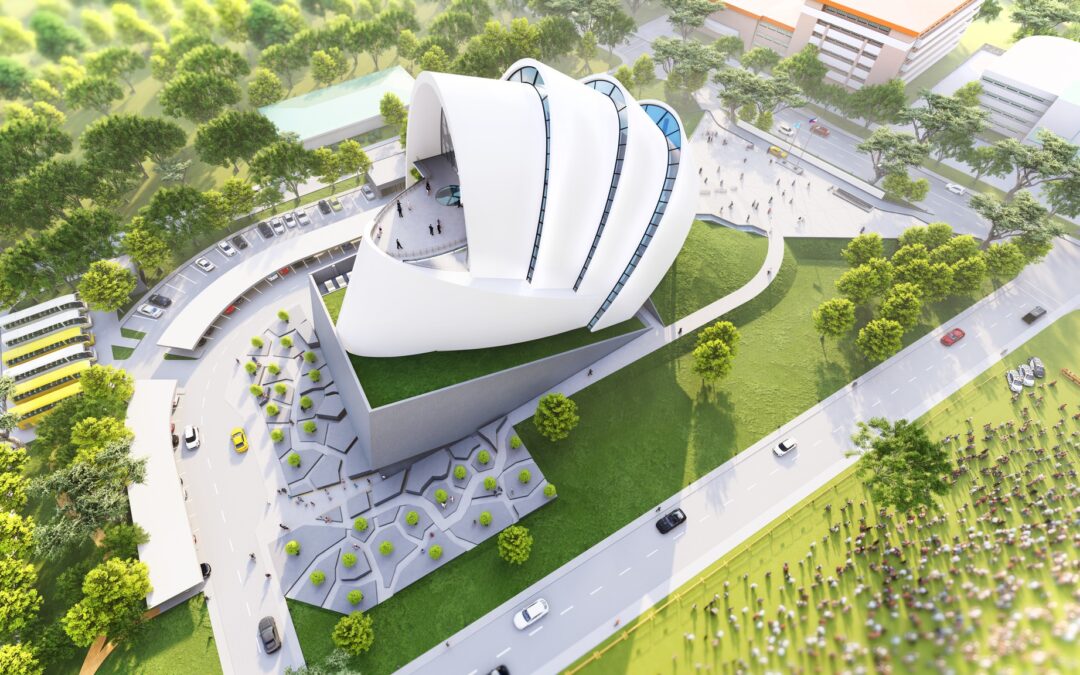The University of the Philippines (UP) clarified on Tuesday, September 3 that a necessary deed of transfer and possession is causing the delay in the start of construction of the planned Martial Law Museum at the University’s Diliman, Quezon City campus.
In a statement, UP said that the Human Rights Violations Victims’ Memorial Commission (HRVVMC) has yet to sign the said document.
“The main cause of delay has been the absence of the deed of transfer document for the building that is still with HRVVMC for approval,” UP Vice President for Planning and Development Daniel Peckley Jr. explained.
Peckley emphasized that the University “needs the deed of transfer to be signed by both parties to fully implement the transfer of the building and clear the area where the HRVVMC will construct the museum.”
HRVVMC had funded a new P80-million building to house the UP Diliman Campus Maintenance Office (CMO), which will relocate from the site designated for the museum.
Peckley outlined the timeline of events, noting that UP’s legal office sent a draft of the deed to the HRVVMC on April 18. The University has followed up on the document’s status multiple times, including in May, June, August, and as recently as Tuesday.
“Previously, HRVVMC informed the University that the draft was still being reviewed by the Office of the Solicitor General and Commission on Human Rights (CHR).”
This statement from UP follows comments by HRVVMC Executive Director Carmelo Victor Crisanto during a budget briefing for the CHR before the House Committee on Appropriations, where he pointed to UP as the source of the delay in the museum’s construction.
“The first thing UP needs to do is sign the handover or turnover document from the Memorial Commission to UP. That means they can now fully control the assets that we have provided and infuse from their own budget P50 million more to complete the landscaping, the office buildings for the staff of the [CMO], Yard and Workshop, to move,” Crisanto said in a mix of English and Filipino.
“Without them signing that handover or turnover document, UP will not be able to utilize the funds needed to finish the relocation,” he added.
“We finished our part of the agreement in October 2022. We gave them the impetus to accept it in June of 2023. If I look at the number of months that I have been delayed by UP, it’s now like 20 months.”
During the briefing, Crisanto expressed frustration over the bureaucratic delays. “I cannot understand the bureaucracy of UP [and] why it takes them so long to actually accept the donation when that is something that is positive for [the University]. So I cannot explain their seeming foot-dragging on this matter,” he said.
Meanwhile, UP reported that President Angelo Jimenez called an emergency meeting this week “to address the issue and reaffirm the University’s commitment to realizing the museum.”
“We take criticisms, even harsh ones, positively as part of the difficult challenges we face but we know that at its core, it is an expression of our shared commitment to human rights,” Jimenez said.
“This project is a go so let’s finish it.”
The Human Rights Victims Reparation and Recognition Act of 2013 mandates the establishment of a memorial, museum, or library “in honor and in memory of the victims of human rights violations” during the dictatorship of former President Ferdinand Marcos Sr.
The law allocates at least P500 million from the accrued interest of the P10-billion reparation fund sourced from Marcos’ ill-gotten wealth which was forfeited in favor of the Philippine government. — with reports from Rex Espiritu

